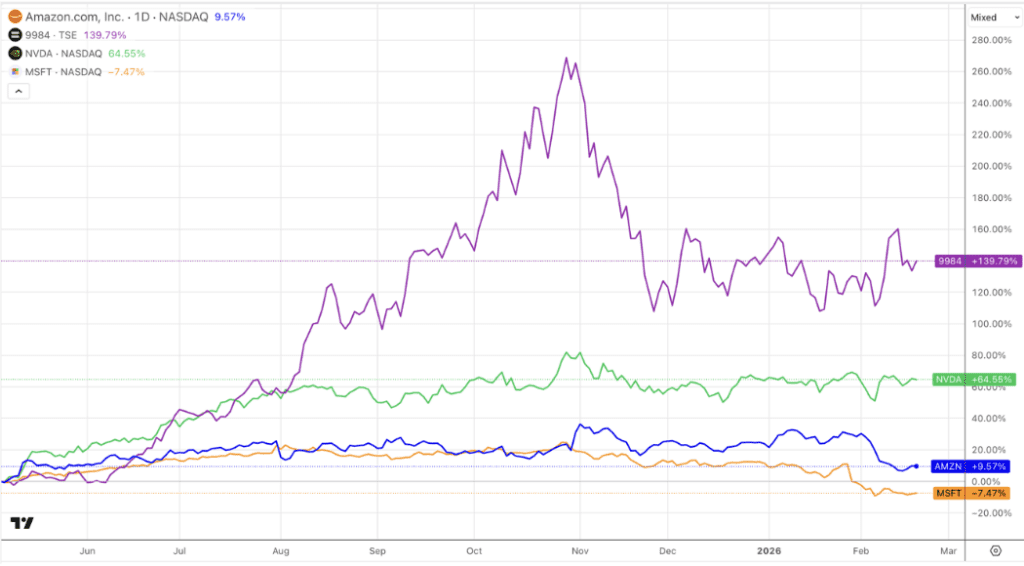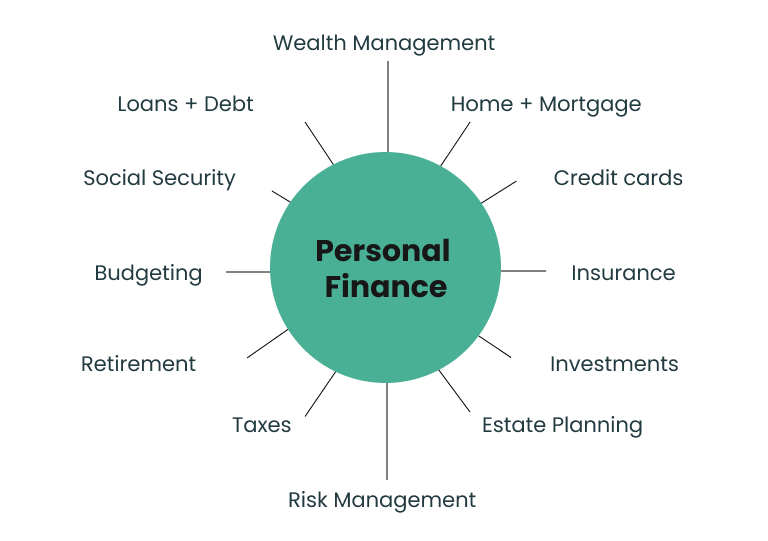It is usual to get a loan from a lender to start your own venture. But this is not just about getting the money; you can also repay that money from the lender or bank you borrowed.
Whether you are willing even to manage your cash flows or boost your existing business, these loans play a major role in all of them. Therefore, it is crucial for you to understand the available financing types and loan terms associated with them so that you make up your mind before applying for the same.
Small business loan repayment basically makes you aware how long you would be repaying the loan amount, and what will be the monthly payment, to fulfill the loan amount.
Here’s an overview of standard business loan term repayments, which will help you decide which loan is best for you.
Business loan repayment terms
There are several small business loans, and each of them has different terms and conditions. Below are some of the small business loans, which are the most common types of financing options, along with the business loan terms you should be aware of:
SBA loans
If you want to apply for a U.S. Small Business Administration (SBA) loan, your business should be operating for profit in the U.S. and have enough owner equity to invest. You can use this grant for multiple purposes like debt financing, supplies or inventory, working capital loan, and purchasing equipment.
SBA loans become quite competitive with other loans based on their repayment terms as it offers low interest rates and long repayment terms of up to 25 years. Moreover, the qualification requirements are there to qualify for this loan, as compared to other loan types.
Also read: Comprehensive Guide to Personal Loans with FintechZoom: Everything You Need to Know in 2024
Traditional bank loans
You can access traditional loans through credit unions, banks, or other lending institutions. If you are willing to opt for this small business loan, then you should have a minimum credit score of 640 or submit collaterals.
Although these qualifications vary by institution, these loans are usually borrowed to finance an expansion or a startup. The interest rates on these loans are comparatively lower depending on the lender, and the repayment term is three to ten years.
Term loans
A term loan is a funding option where businesses get a certain amount of money that they need to repay over a fixed period of time. The qualification parameters for this small business loan vary according to the lender, but usually, financial institutions require a minimum credit score of 600 and at least six months in the business.
This type of loan is helpful for businesses that require a large amount of funding to cover expenses. Term loans generally have lower interest rates than lines of credit. The repayment terms for short-term loans are three to 24 months, up to five months for mid-term loans, and up to 10 years for long-term loans.
Merchant cash advance
A merchant cash advance is a loan type that lets a business borrow against its future business sale. If you want to get this small business loan, you should have at least $10,000 in monthly deposits of their business.
Lenders usually check your past three months of credit card processing statements, statements of recent bank accounts, and the last one or two years of tax return copies. Loans in this system are repaid in three to 18 months on an automatic debit from your business credit card sales.
Business line of credit
A business line of credit allows businesses to borrow at https://capitall.com.sg/ according to their requirements. This small business loan is ideal for companies with unpredictable or cyclical expenses, as it helps the borrowers with current funding and repays it over six months to five years.
Lenders usually demand a minimum personal credit score of 680, but some have fewer rigid requirements. Since business line credit is a revolving loan, business owners can make the repayments and access the funds repeatedly until the end of the loan term.
Microloans
Microloans are especially for small businesses and entrepreneurs who require small amounts of money to grow their business working capital. This small business loan is offered by SBA and other community lenders.
To qualify for this, you need to meet the SBA’s general eligibility parameters along with lending and credit requirements. You can repay this SBA microloan for up to six years.
Conclusion
Understanding the various small business loan types and their repayment terms is crucial for entrepreneurs looking to finance their ventures. Each loan—whether it’s an SBA loan, a traditional bank loan, a term loan, or a merchant cash advance—has its own set of qualifications, repayment schedules, and interest rates.
Carefully evaluating these factors will help you choose the best financing option suited to your business needs. By aligning the repayment terms with your cash flow and growth projections, you can ensure financial stability and long-term success for your business.
Also read: Online Loans Fintechzoom: How Online Loans from FintechZoom are Transforming Borrowing
















